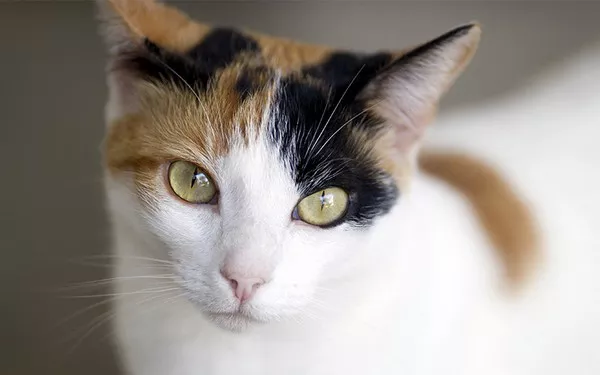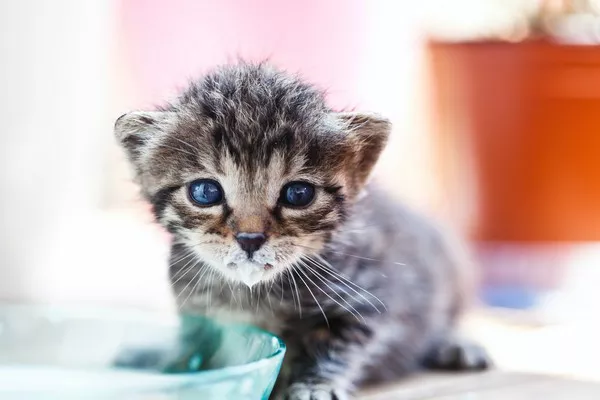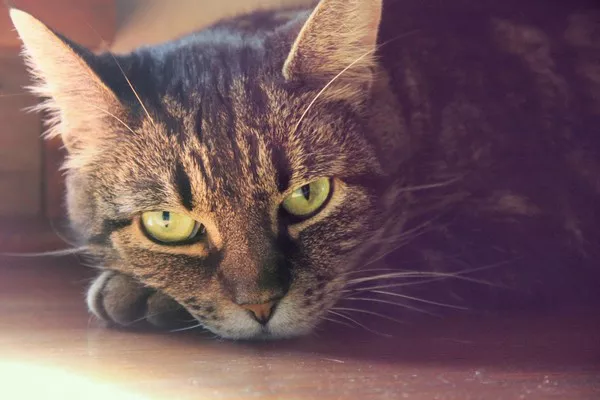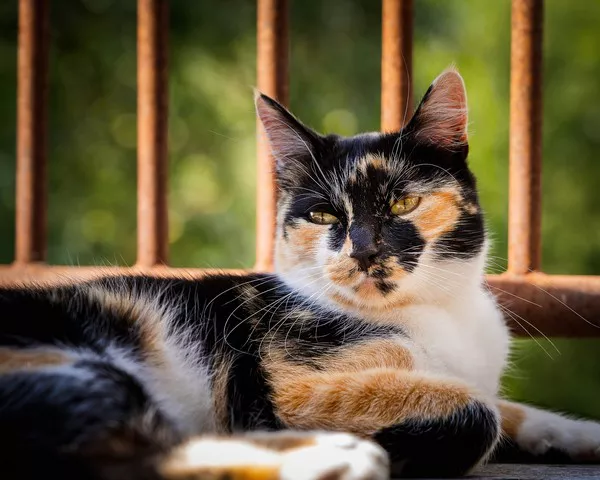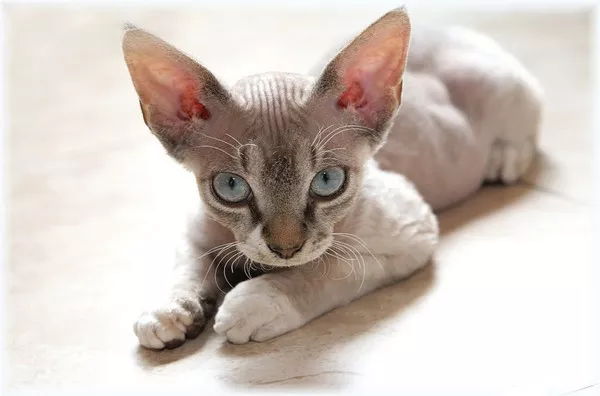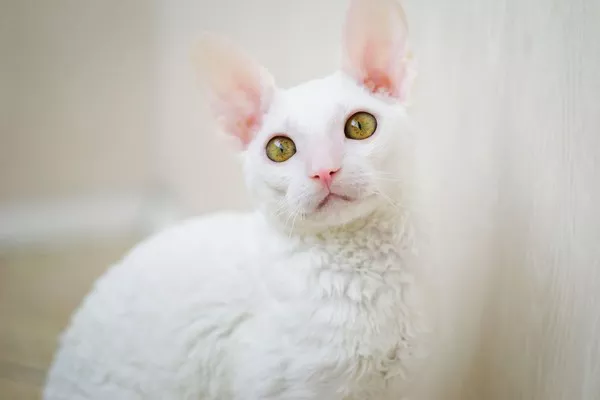Calico cats are known for their distinctive coat of fur with patches of white, black and orange. They are popular pets due to their unique appearance and playful personalities. However, some calico cat owners may experience a frustrating issue: biting behavior. In this article, we will explore the reasons why calico cats bite and what you can do to prevent it.
Understanding Cat Behavior
Before diving into the reasons behind biting behavior in calico cats, it is important to understand feline behavior in general. Cats are independent creatures who value their personal space and may react negatively to perceived threats. They communicate through body language and vocalizations, such as meowing or purring. Observing your calico cat‘s behavior can give you insight into their mood and intentions.
Reasons Behind Biting Behavior in Calico Cats
1. Playful behavior
One common reason why calico cats may bite is during playtime. As kittens, cats learn to play by using their teeth and claws. While this behavior may be cute and harmless when they are young, as they grow older and stronger, their bites can become painful. This type of biting behavior can often be mistaken for aggression, but it is important to remember that it is generally just playful behavior.
2. Fear or Anxiety
Another reason why calico cats may bite is due to fear or anxiety. Like all animals, cats can experience stress, which may manifest as aggressive behavior. If your cat feels threatened or uncomfortable, they may bite as a way of defending themselves.
3. Overstimulation
Cats can also become overstimulated during petting or playtime, leading to biting behavior. Overstimulation can occur if you pet your cat beyond their comfort level or if they become too excited during playtime. Calico cats may respond to overstimulation with biting as a way to communicate that they need a break.
4. Medical Issues
In some cases, biting behavior in calico cats can be caused by medical issues. If your cat is experiencing pain or discomfort, they may lash out with biting behavior. If you suspect that this may be the case with your cat, it is important to seek veterinary care.
Preventing Biting Behavior in Calico Cats
1. Proper Socialization
Proper socialization from a young age can help prevent biting behavior in calico cats. As kittens, cats learn appropriate behavior through interactions with their littermates and mother. Encouraging positive socialization experiences with humans can also help prevent aggressive behavior as they grow older.
2. Provide Appropriate Toys
Providing appropriate toys for playtime can also help prevent biting behavior in calico cats. Toys such as balls, stuffed animals, and scratching posts can redirect your cat’s playful energy away from your hands and feet.
3. Respond Appropriately
Responding appropriately to biting behavior is crucial in preventing it from becoming a habit. Yelling or hitting your cat may exacerbate the problem. Instead, calmly remove yourself from the situation and avoid interacting with your cat until they have calmed down.
4. Seek Veterinary Care
If you suspect that your calico cat’s biting behavior may be caused by a medical issue, seeking veterinary care is essential. Your vet can diagnose and treat any underlying health problems, which may alleviate the biting behavior.
Conclusion
In conclusion, biting behavior in calico cats can be caused by various factors, including playful behavior, fear or anxiety, overstimulation, and medical issues. Understanding your cat’s behavior and providing appropriate toys and socialization can help prevent biting behavior. Responding appropriately to biting behavior and seeking veterinary care if necessary can also help alleviate the problem. By taking these steps, you can enjoy a happy and healthy relationship with your calico cat.

